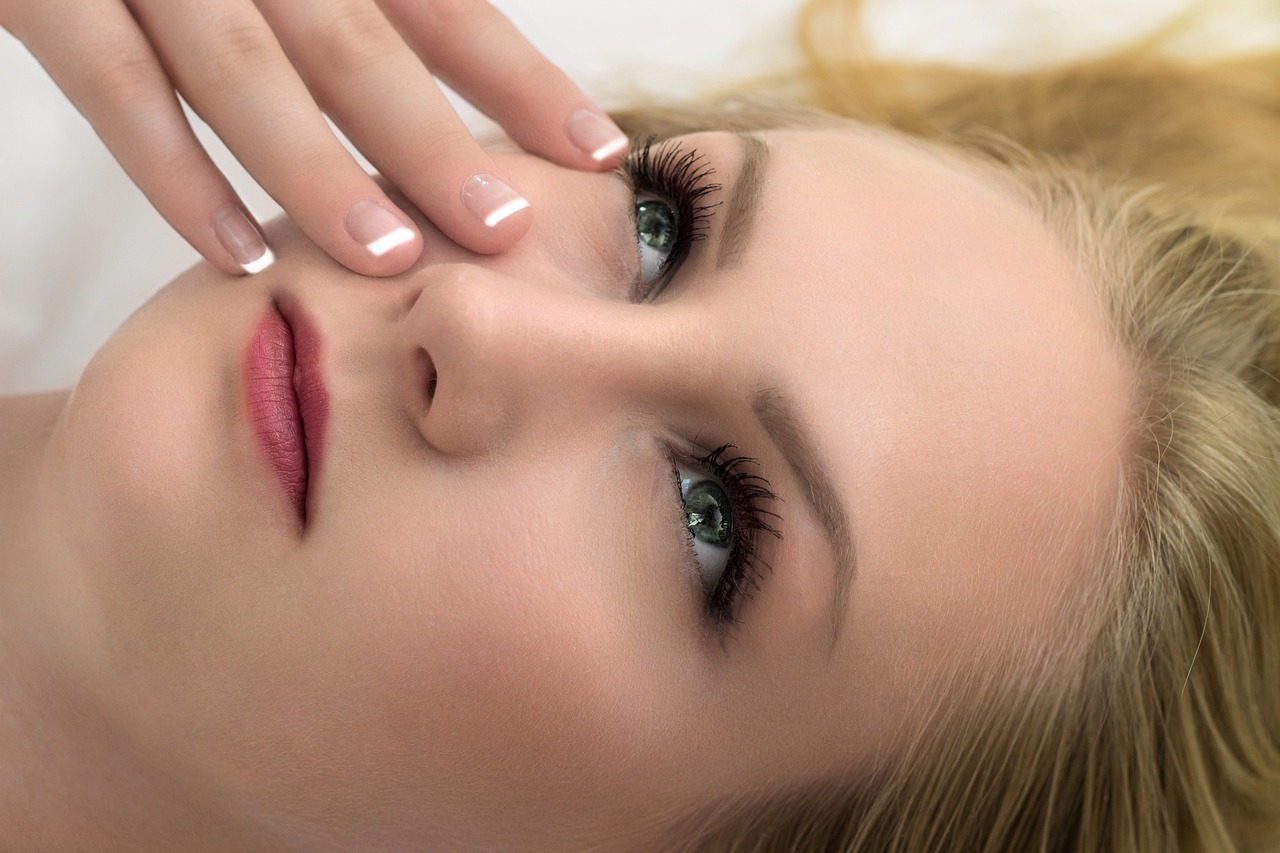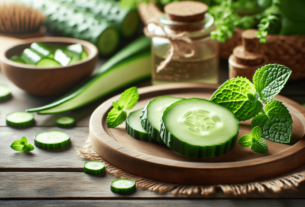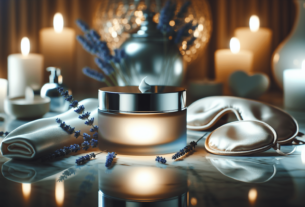Have you ever found yourself struggling to keep your skin fresh and hydrated as temperatures soar? Hot weather can pose quite the challenge when it comes to maintaining a healthy complexion. Sweating, sun exposure, and increased humidity can all lead to a myriad of skin issues, but don’t worry, you’re not alone.
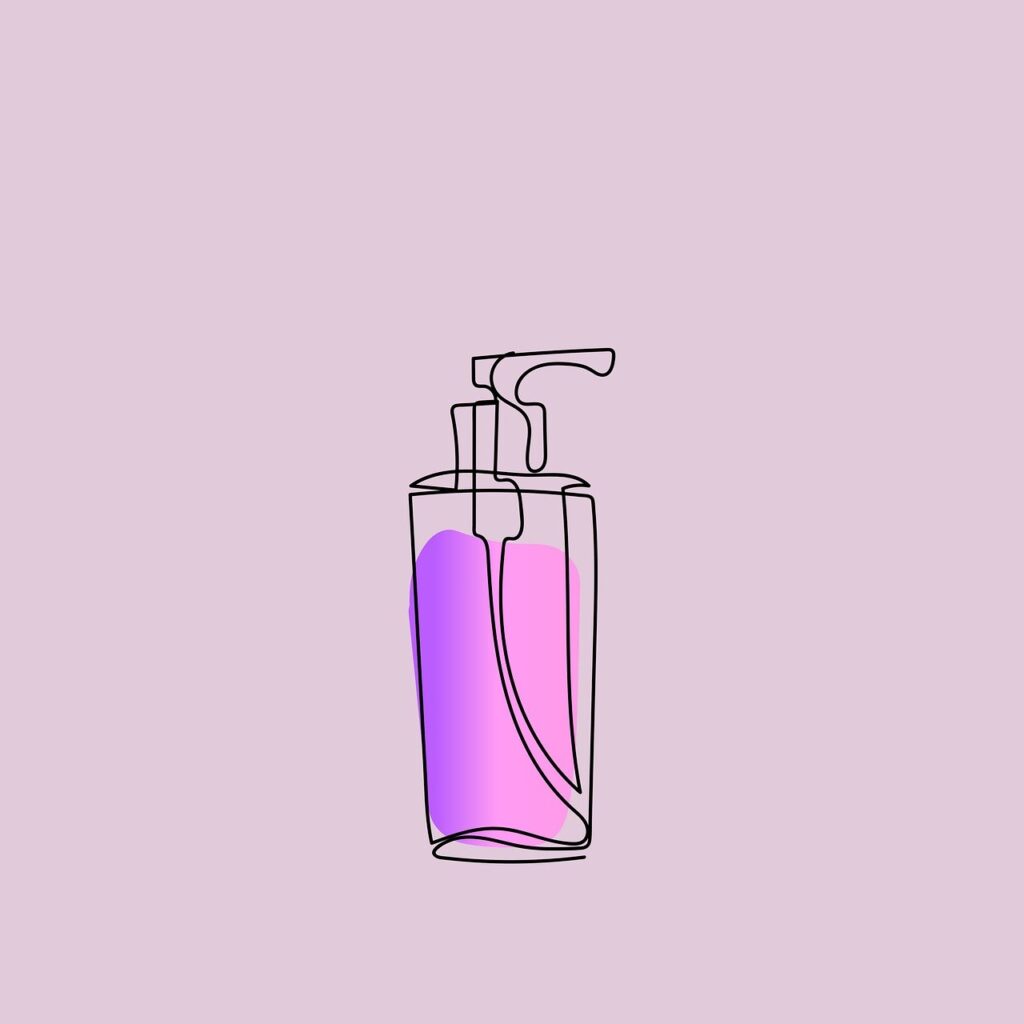
The Importance of Proper Skincare in Hot Weather
Hot weather can strip your skin of its natural oils, leading to dryness and irritation. Moreover, excessive heat can also cause sweat-induced breakouts, sunburns, and hyperpigmentation. Healthy skin isn’t just about aesthetics; it’s essential for your overall health. As the body’s largest organ, your skin acts as a barrier to protect against harmful elements. Therefore, adopting a tailored skincare routine for hot weather is crucial.
Why Does Skin React Differently in Hot Weather?
Your skin’s response to hot weather can be bewildering. High temperatures cause your body to sweat to regulate its internal temperature. This sweat, combined with heat, creates an environment where bacteria can thrive, leading to breakouts. Additionally, the sun’s UV rays can penetrate the skin, causing damage on a cellular level, which is often visible as sunspots or premature aging.
Understanding Your Skin Type
Knowing your skin type is the cornerstone of any effective skincare routine. Each skin type responds differently to products, and what works for one person may not work for another.
What Are the Different Skin Types?
| Skin Type | Characteristics | Common Issues in Hot Weather |
|---|---|---|
| Oily | Shiny appearance, enlarged pores, prone to acne | Increased oil production, breakouts |
| Dry | Flaky, rough texture, feels tight | Dehydration, irritation |
| Combination | Oily in the T-zone (forehead, nose, chin), dry or normal elsewhere | Balancing oil and hydration levels |
| Sensitive | Easily irritated, redness, itching | Prone to sunburn, rashes |
| Normal | Balanced, few imperfections, not too oily or dry | Minor adjustments for extra care |
How to Identify Your Skin Type
To identify your skin type, observe how your skin feels after washing it with a gentle cleanser:
- If your skin feels tight and dry, you likely have dry skin.
- If your face looks shiny and feels greasy, especially in the T-zone, you have oily skin.
- If you experience both oily and dry areas, you have combination skin.
- If your skin reacts to many products and gets red or itchy, you have sensitive skin.
- If your skin feels balanced and doesn’t overproduce oil or dry out, you have normal skin.
Understanding your skin type helps you choose the right products, ensuring that your skincare routine is effective and tailored to your specific needs.
Essential Skincare Products for Hot Weather
Your skincare products should change with the seasons, just like your wardrobe. Hot weather calls for products that can handle increased oil production, sweat, and sun exposure. Let’s break down the essential products you’ll need.
Gentle Cleanser
Using a gentle cleanser is a must, especially in hot weather. A mild cleanser helps remove sweat, grime, and excessive oil without stripping your skin of its essential moisture. For those with oily skin, a foaming or gel cleanser works best, whereas those with dry or sensitive skin should opt for a hydrating, cream-based cleanser.
Exfoliants
Regular exfoliation can help remove dead skin cells that clog pores and cause breakouts. However, it’s crucial not to over-exfoliate, as this can lead to irritation and increased sensitivity to the sun. A gentle chemical exfoliant containing AHAs (alpha-hydroxy acids) or BHAs (beta-hydroxy acids) once or twice a week should suffice.
Lightweight Moisturizer
Even if your skin feels oilier in hot weather, don’t skip the moisturizer. Instead, switch to a lightweight, non-comedogenic (won’t clog pores) moisturizer. Look for ingredients like hyaluronic acid, which hydrates without feeling heavy on the skin.
Broad-Spectrum Sunscreen
A broad-spectrum sunscreen is non-negotiable. It protects against both UVA and UVB rays, which can cause sunburn and premature aging. Opt for a sunscreen with at least SPF 30, and reapply every two hours when exposed to the sun for prolonged periods. For sensitive or acne-prone skin, mineral sunscreens containing zinc oxide or titanium dioxide are often less irritating.
Antioxidant Serum
Antioxidants like vitamin C can help protect your skin from environmental stressors and boost your sunscreen’s effectiveness. An antioxidant serum can be applied in the morning before your sunscreen to combat free radicals and prevent sun damage.
Hydrating Mist
A hydrating mist can provide a refreshing boost throughout the day. Look for mists containing soothing ingredients like aloe vera or rose water. These mists not only hydrate but also cool your skin, making them perfect for hot days.
Steps to Your Skincare Routine in Hot Weather
Consistency is key when it comes to skincare. Here’s a step-by-step guide to help you create a morning and night routine tailored for hot weather.
Morning Routine
- Cleanser: Start with a gentle cleanser to remove any sweat or oil that accumulated overnight.
- Antioxidant Serum: Apply a few drops of an antioxidant serum like vitamin C.
- Moisturizer: Use a lightweight moisturizer to keep your skin hydrated.
- Sunscreen: Finish with a broad-spectrum sunscreen with at least SPF 30.
Night Routine
- Cleanser: Cleanse your skin to remove any makeup, sunscreen, and grime.
- Exfoliant: Apply a gentle exfoliant once or twice a week.
- Serum: Use a hydrating serum like hyaluronic acid.
- Moisturizer: Apply a lightweight moisturizer to lock in moisture.
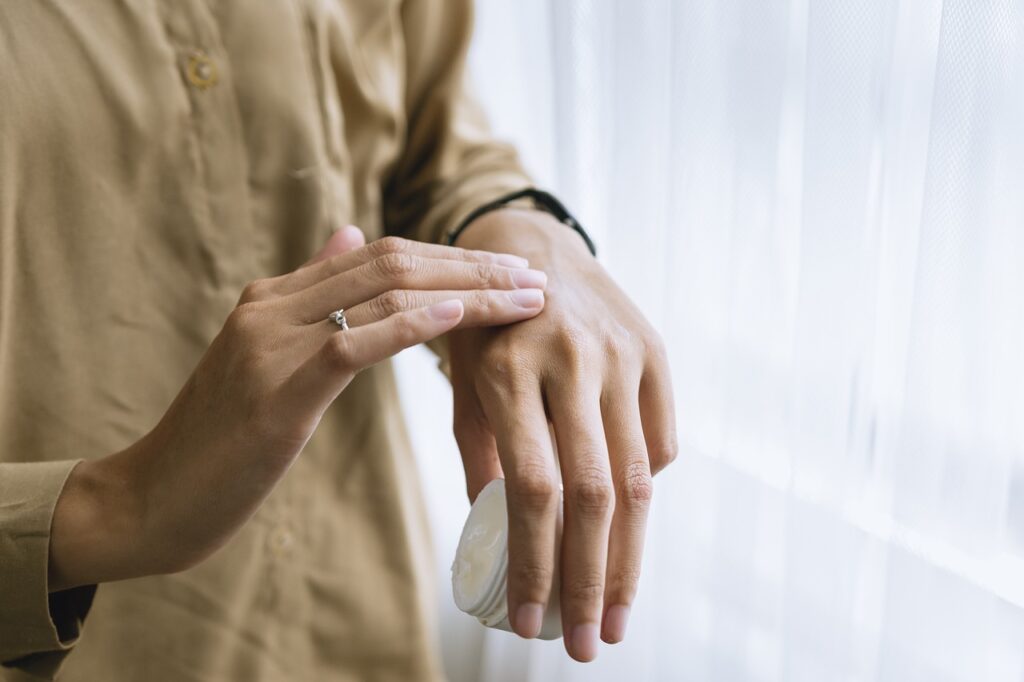
Special Care for Specific Skin Issues
Sometimes, hot weather can exacerbate specific skin issues. Here’s how to tackle some common problems.
Acne-Prone Skin
Hot weather can cause breakouts due to increased sweat and oil production. Use a cleanser containing salicylic acid to keep pores clean. Look for oil-free moisturizers and sunscreens, and avoid heavy makeup that can clog pores.
Hyperpigmentation
Sun exposure can darken existing hyperpigmentation. Use a vitamin C serum to brighten dark spots and a high SPF sunscreen to prevent them from darkening further. Consider using a product with niacinamide, which can help reduce the appearance of dark spots over time.
Sensitive Skin
For sensitive skin, choose products with soothing ingredients like chamomile or aloe vera. Avoid harsh exfoliants and use a mineral sunscreen to reduce the risk of irritation. Patch-test new products on a small area of skin before full application.
Lifestyle Tips to Support Your Skincare Routine
Skincare isn’t just about what you put on your face; it’s also about your overall lifestyle habits. Taking care of your body from the inside out can significantly impact your skin’s health.
Hydrate
Drinking enough water is essential, especially in hot weather. Staying hydrated helps maintain your skin’s elasticity and keeps it glowing. Aim to drink at least 8 glasses of water a day, and increase your intake if you’re spending a lot of time outdoors.
Maintain a Balanced Diet
Eating a balanced diet rich in fruits, vegetables, and lean proteins can help your skin stay healthy. Foods high in antioxidants, like berries and leafy greens, combat free radicals. Omega-3 fatty acids found in fish can keep your skin hydrated and reduce inflammation.
Get Enough Sleep
Quality sleep allows your skin to repair itself. Aim for 7-9 hours of sleep each night to let your skin recover from daily exposure to environmental stressors.
Limit Sun Exposure
While sunscreen is your first line of defense, limiting your direct sun exposure is also crucial. Wear protective clothing, hats, and sunglasses, and seek shade during peak sun hours, usually from 10 a.m. to 4 p.m.

The Role of Consistency in Skincare
Consistency is often the unsung hero of skincare. Following a routine diligently helps your skin adapt and respond better to the products you use. Give new products at least 4-6 weeks to show their full effect. If you frequently change your routine, you risk disrupting your skin’s balance.
Dealing with Setbacks
It’s not uncommon to experience setbacks, especially when trying out new skincare routines or products. Your skin might need some time to adjust. If you notice persistent irritation or breakouts, it might be wise to revert to simpler, tried-and-tested products and consult a dermatologist if necessary.
Common Myths About Skincare in Hot Weather
There are many misconceptions about skincare, especially when it comes to hot weather. Let’s debunk a few common myths.
Myth 1: Skipping Moisturizer Will Reduce Oiliness
Many people with oily skin believe that skipping moisturizer will reduce their skin’s oiliness. In reality, depriving your skin of moisture can cause it to overcompensate by producing even more oil. Always use a lightweight, non-comedogenic moisturizer.
Myth 2: Higher SPF Lasts Longer
A higher SPF sunscreen doesn’t mean you can apply it less frequently. Regardless of the SPF, you need to reapply every 2 hours, especially if you’re swimming or sweating.
Myth 3: Tanning Will Clear Acne
Tanning may temporarily reduce the appearance of acne, but it will worsen the condition in the long run. UV exposure can cause damage that leads to premature aging and skin cancer.
Choosing the Right Sunscreen
Choosing the right sunscreen can be overwhelming due to the plethora of options available. Here’s a breakdown to make it simpler.
Chemical vs. Mineral Sunscreen
| Type | Pros | Cons |
|---|---|---|
| Chemical | Lightweight, easier to blend, often used in formulas with additional skin benefits | Can be irritating for sensitive skin, requires 20 minutes to become effective |
| Mineral | Inert ingredients like zinc oxide or titanium dioxide, better for sensitive skin | Thicker consistency, may leave a white cast, often less cosmetically elegant |
How Much Sunscreen to Apply
A common mistake is not applying enough sunscreen. You need about a shot glass (2 ounces) worth of sunscreen to cover your entire body. For your face, use about a nickel-sized amount. Don’t forget overlooked areas like your ears, neck, and the tops of your feet.
Conclusion
Caring for your skin in hot weather might seem daunting at first, but with a few adjustments and mindful product choices, it can become second nature. Understanding your skin type, using the right products, and maintaining a consistent routine are key to keeping your skin healthy and radiant all summer long. Remember, your skin is a reflection of your overall health, so take care of it with the respect it deserves.
